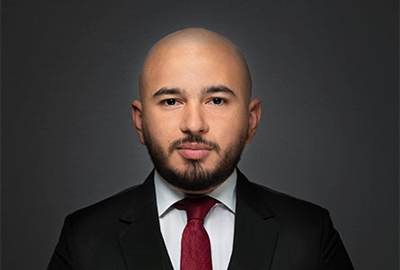There are two different types of interviews: structured and unstructured. A structured interview is similar to a questionnaire because auditors use the same set of predetermined questions, each of which has a corresponding set of predetermined answers for the interviewee to select from.
On the other hand, an unstructured interview flows more freely, with more of an emphasis on open-ended questions. This enables the interviewee to provide a narrative, which, depending on the auditors' perspective, can draw the engagement in a completely different light. In addition, unstructured interviews allow auditors to ask the interviewee to elaborate on his or her responses and to explore areas that may be of interest.
One of the most significant advantages of an unstructured interview is that it allows auditors to identify and explore the differences that occur between what is documented and what is being done in real life. For example, while the organization's policies and procedures state that a certain transaction must occur in a specific way, the employees may have determined a more effective approach to processing the transaction.
A precise and effective preliminary survey can set a positive and productive tone for the audit as a whole by accomplishing several objectives:
- Establishing the auditor's persona and the rapport he or she will have with the audit client for the duration of the engagement.
- Ensuring that the auditor is viewed as an ally and a consultant rather than as an adversary.
- Identifying the areas where the auditor should dedicate more focus and time, which may be apparent to the shrewd auditor.
- Allowing the audit client to express feedback about the audit area performance and control environment. The client also should be able to voice the opportunities and threats that it identifies, because as the process owner, the client is best situated to recognize value-generating opportunities.
All of these objectives emphasize the importance of the auditor's interpersonal skills, such as relationship building with audit clients and process owners, fostering the collaborative and consultative relationship, and emphasizing the partnership connection with stakeholders. All of these can be achieved through effective communication skills, which are consistently ranked among the most desired skills for internal auditors. Auditors also need a continuous learning attitude that is ideally a trademark of the audit department.
Internal auditors can develop and improve these skills by working on building emotional intelligence. Successful internal auditors are able to relate to and create rapport with the process owner by using their communication skills to obtain the necessary information. When asking open-ended questions during unstructured interviews, auditors should take on the extra burden of ensuring respondents are replying to the questions completely and accurately, as well as documenting and analyzing the unstructured data they obtain.
Conducting the preliminary survey effectively and comprehensively, and establishing a positive collaborative and consultative relationship with the audit client can ensure that the audit proceeds smoothly and generates the most value.



